Who amongst us has not felt the hand of loneliness? The first breakup as a teen, the rejection letter lying on the kitchen table. Children moving out for the first time, cracks in the marriage. If loneliness is so widespread, so ‘normal,’ why do we need to talk about it? Aren’t we generally attracted to the more rare and wonderful aspects of life? The documentaries of the weird and wonderful medical conditions, the extremes of human behaviour. The topic of loneliness has instead been taken over by the arts, a subject to dissect by philosophers and novelists rather than scientists and clinicians.
Loneliness can be defined in a number of different ways. Emotional loneliness occurs in the absence of an attachment figure, while social loneliness occurs in the absence of a social network. Emotional loneliness has been compared to the feeling of distress of a small child who feels abandoned by their parent, while social loneliness is the feeling of exclusion by a child whose friends have left. Thus, loneliness can be described either as a devoid outer world, or an empty inner world. On the other hand, the cognitive approach suggests that loneliness stems from ones social expectations not being met. Could it be that through our reliance on social media, our expectations on relationships have become exaggerated?
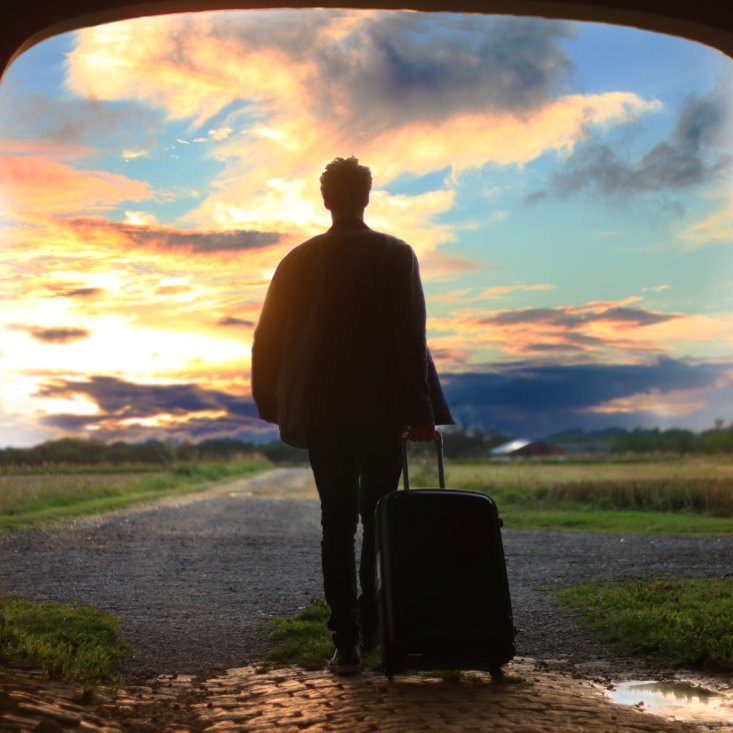
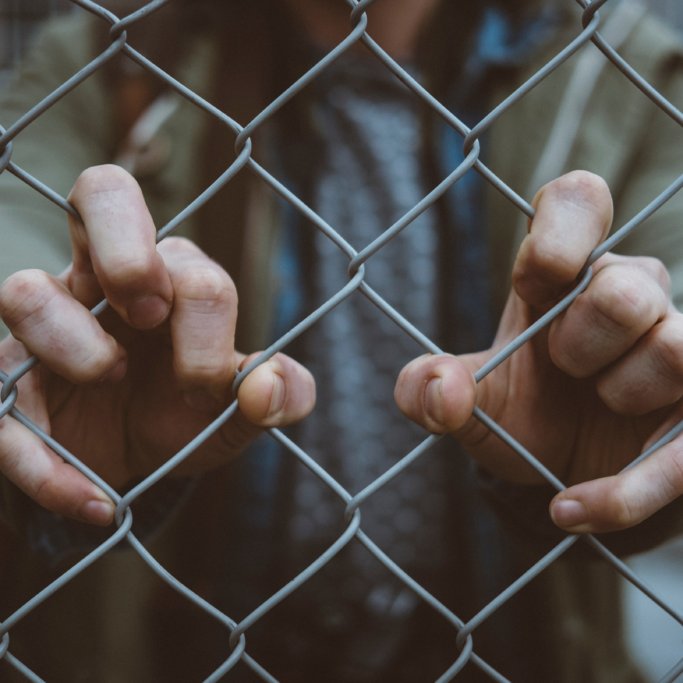
But what is the opposite of loneliness? Is it social connection? What words would you use to describe the feeling of loneliness to someone who has never felt it before? For me personally, the words emptiness and darkness come into my mind (perhaps I am a bit of a melodramatic!).
Loneliness is different from solitude. Solitude can be an enlightening experience, leading to increased creativity and growth. Some of the best ideas have come through hours of sitting at an office desk, staring at a piece of paper. Just because more people in today’s society are living alone, does not mean that loneliness is on the rise. We must be careful not to mix these terms together. Loneliness is very different from solitude. Loneliness is the feeling of despair and alienation. It develops from the need for intimacy, and the rejection when one fails to find it. It is described as a social pain; what is the equivalent of morphine for the pain of loneliness?
The power of loneliness can be illustrated through the effects of solitary confinement. It has been suggested that prisoners who have been through solitary confinement develop psychiatric disorders such as depression and anxiety, often turning to self-harm as a means of escape. Solitary confinement is described as a form of psychological torture, with one Florida teenager describing his experience as “the only thing left to do is go crazy.” Humans are social creatures. Without stimuli and control, is it any wonder that depression, hypersensitivity and psychosis develop? This isn’t just an abstract concept that we are talking about, something for the philosophers to discuss at their round tables. It is has been linked to disease, happiness and relationships. It can be found in every aspect of our lives, in every infant and every adult – it is something that needs to be examined more closely through our microscopes.
“God, but life is loneliness, despite all the opiates, despite the shrill tinsel gaiety of “parties” with no purpose, despite the false grinning faces we all wear .. Yes, there is joy, fulfilment and companionship – but the loneliness of the soul in its appalling self-consciousness is horrible and overpowering.“– Sylvia Plath
The topic of loneliness has fascinated many people, from novelists to poets, theologians to philosophers, all attempting to give meaning to this beast. Yet psychoanalyst Shmuel Erlich suggested that the meaning of loneliness remains “an enigma” (Erlich 1998).
The concept of loneliness looks deep at the need for human connection. Through the rise in empiricism, we have gained considerable scientific knowledge and a whirlwind of medical technology. Yet what has happened to the conversation involving spirituality, social customs and personal relationships? What has happened to the human perspective? Dig as deep as you like into the functions of the human body, the junctions between the cells and the DNA mutations – just remember that the knowledge that is discovered needs to be applied to a living, breathing human being. How much can we quantify the despair of loneliness, the cracks of a thirty-year marriage, the grief of a mother who has lost her child? We may spend our lives pursuing wealth and status, but ultimately it is meaning that we all search for in the end.
As healthcare professionals, we are trained to be objective, to look at the statistics, and arm ourselves with the jargons of relative-risk and correlations. But walk into any hospital, and you will see wards not filled with numbers and graphs, nor organisms converting oxygen into carbon dioxide. You will see vulnerability, the eyes of loss, of angst and fear. You will see people tested to their limits, people whose lives are cracked and crumbling – people who have started to enter the threshold of loneliness.
Is loneliness a pathological condition? Intolerance for being alone was once a criterion for the diagnosis of Borderline Personality Disorder in DSM-III. It can be argued that it can have a purpose in our lives; it can form the path towards self-acceptance, growth and spiritual transcendence. The existential perspective goes so far to say that loneliness is what it means to be human. It argues that through loneliness, one can begin to question one’s own existence, and thereby create meaning for oneself in a world that has lost all meaning. Western literature paints loneliness as a vital part of being human. It is seen as an obstacle one must climb through during the various experiences of life – through change, bereavement, love and loss. It has been argued that just as joy is made brighter through the experiences of sorrow, loneliness shines a light on the meaning of our life. Yet loneliness has also been linked to alcoholism, depression and suicidal ideation. At what point do we has healthcare professionals need to step in and help someone climb out from this abyss? Where do we draw the line between self-discovery and pathology?
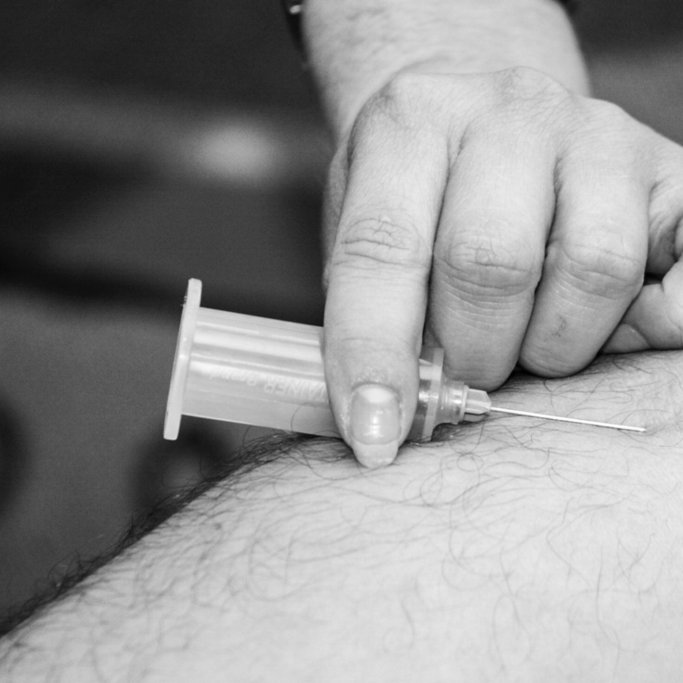
“Life is dialogical by its very nature. To live means to engage in dialogue, to question, to listen, to answer, to disagree.”– Bakhtin
Loneliness can also manifest itself through illness, both physical and mental. The feeling of a broken body, of being a burden on one’s family can lead to helplessness. Roles that were once worn with pride are now cast aside: the mother, the carer, the provider. These can lead to a loss of self-identity and raise questions of how one can contribute to society. Ultimately, being ill can be an isolating experience, raising questions of ones reasons for existence and the value of one’s life. As healthcare professionals, it is our duty to guide our patients through this journey, helping them to discover their own meanings of this loneliness, to help them affirm their identity. It is not always distraction or drugs that a patient needs, but an open conversation, helping patients to gain new perceptions on what it means to be human. The role of the professional is not to provide answers or interpretations, but to listen, to share and to understand. It is a difficult task, filled with uncertainty and anxiety for both practitioner and patient, but it is also human.
We often cast aside people who are deemed as being lonely; they are the shy recluses, the self-pitying. We suggest that the cure for loneliness is simple advice: join clubs, create hobbies, meet new people.
By engulfing ourselves in such advice, we forget something vital: you do not have to be alone to be lonely. It is more than just being independent or respectful of others privacy; it is a feeling of distress. Loneliness illustrates our need for human intimacy. So where can we find this painkiller to drug us against such distress? Which specialist will take away our aches and pains? You do not need to be a trained medical professional to combat loneliness. Just remember, Hello is the most powerful word against loneliness.
As a final thought, I would like to leave you with this video.
“The most terrible poverty is loneliness, and the feeling of being unloved.”-Mother Teresa


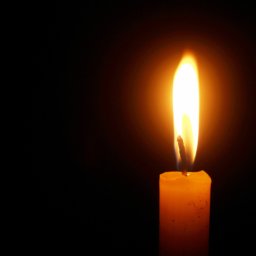
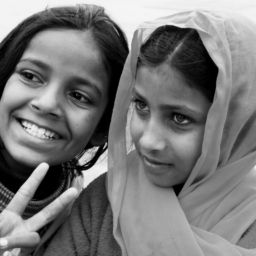

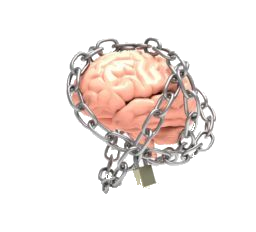

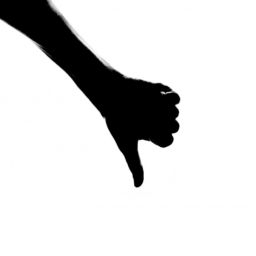
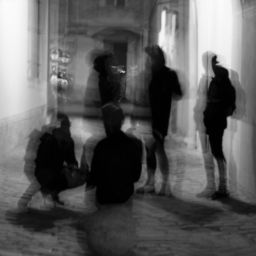
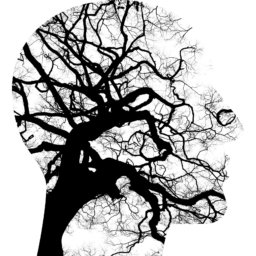
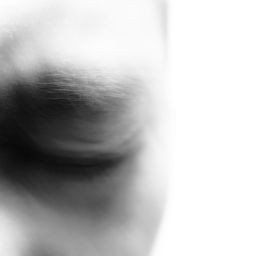



Good day! I simply would like to give a huge thumbs up for the good information you’ve got here on this post. I will likely be coming again to your weblog for extra soon.